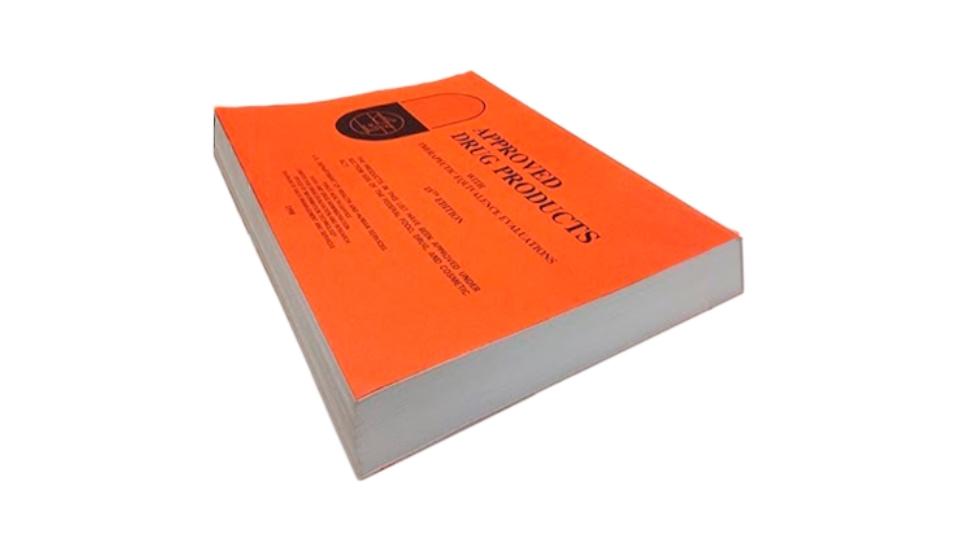FTC challenges dozens of ‘improper’ US drug patents

The financial regulator in the US has sent letters to 10 companies that it claims have improperly listed patents in the FDA’s ‘Orange Book’ in order to block generic rivals.
The Federal Trade Commission (FTC) is contesting the validity of more than 100 patents held by manufacturers of brand-name asthma inhalers, epinephrine autoinjectors, and other drug products, and has told the FDA that it disputes their “accuracy or relevance.”
The agency warned in September that it may consider legal action against companies who list new patents in the Orange Book – or Approved Drug Products with Therapeutic Equivalence Evaluations, as it is otherwise known – in order to trigger processes that delay the entry of generics into the market.
The FDA is automatically barred from approving a generic drug for 30 months if a brand-name drug company sues a generic competitor for infringing on an Orange Book-listed patent, regardless of the outcome of the lawsuit.
In the firing line are AbbVie, AstraZeneca, Boehringer Ingelheim, Impax Laboratories, Kaleo, Viatris unit Mylan Specialty, and subsidiaries of GSK and Teva, which have all received notice letters in connection with the crackdown.
For example, AZ is being challenged over patents for its asthma inhaler Symbicort (budesonide/formoterol), which made $2.5 billion in sales last year, with other letters highlighting Boehringer’s $1.6 billion chronic obstructive pulmonary disease (COPD) therapy Spiriva (tiotropium bromide) and Mylan’s EpiPen (epinephrine) products, which had $378 million in 2022 revenues and have come under scrutiny for big price rises in recent years. The full list of letters is available here.
“Wrongfully listed patents can significantly drive up the prices Americans must pay for medicines and drug products, while undermining fair and honest competition,” said the FTC's chair, Lina Khan.
“We will continue to use all our tools to protect Americans from illegal business tactics that are hiking the cost of drugs and drug products.”
The FTC noted that it is up to the FDA to send a statement of dispute to the owner of the patent, who will then have 30 days to withdraw or amend these listings or certify under penalty of perjury that the listings are valid.
FDA Commissioner Robert Califf added his voice to the dispute, reminding all holders of drug approvals that “they are obligated to ensure that patent listings comply with statutory and regulatory requirements and to substantively respond to statements of dispute provided under the FDA’s patent listing dispute process.”
The move is further evidence of increasing scrutiny of the activities of the pharma industry by the FTC, which has also been taking a tougher stance on mergers and acquisitions in the sector and launching investigations into the role of pharmacy benefit managers in the medicines supply chain.













